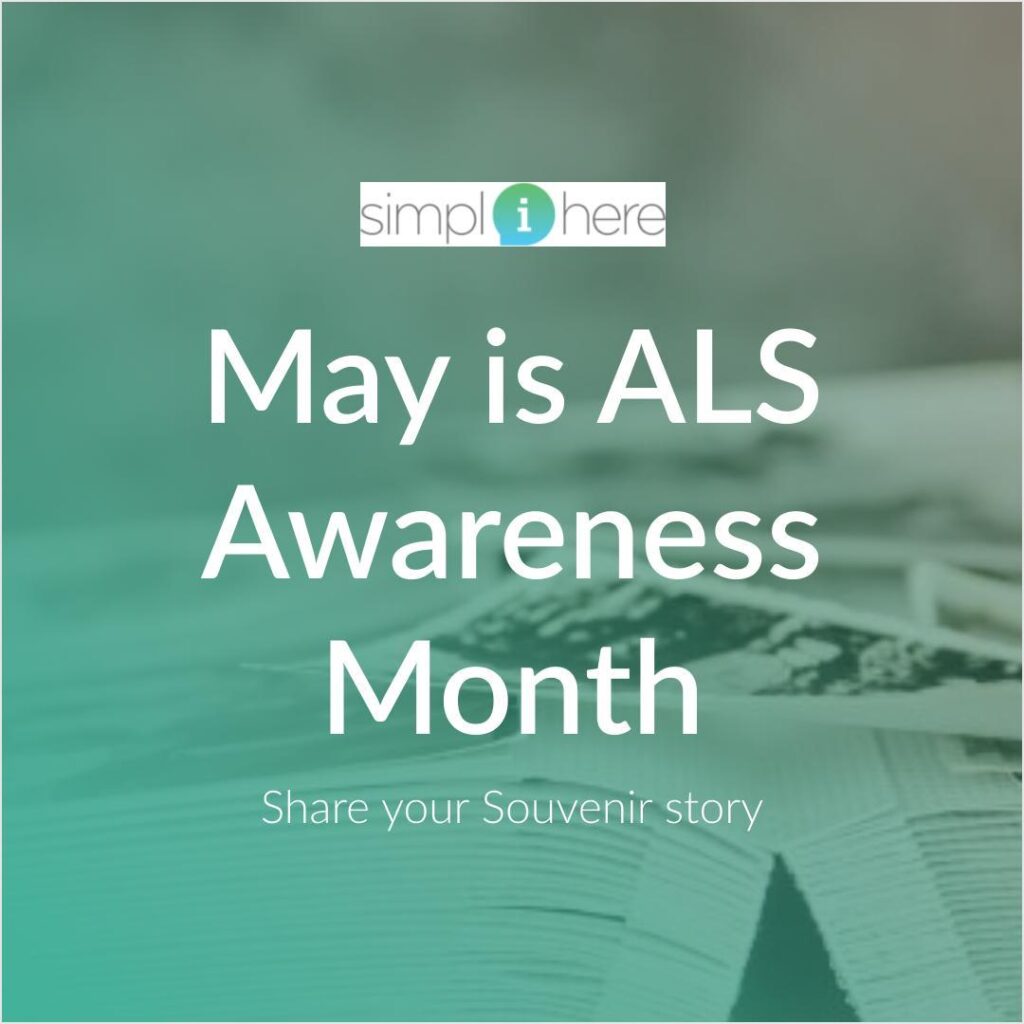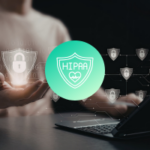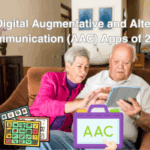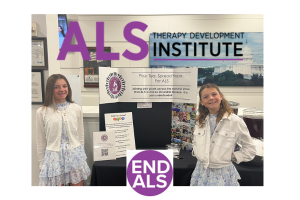Amid setbacks and letdowns, the ALS community is leaning on its resilience and finding hope.
The ongoing COVID-19 pandemic has changed life as we know it in countless ways. But how has COVID-19 has affected ALS patients, caregivers, and family members, and how the pandemic may change ALS research and advocacy long-term?
While ALS patients may have already built up some resilience to long-term isolation due to their condition, the pandemic also brought additional challenges, namely the questions of how to safely continue research, and how to provide critical medical services to patients who are at high-risk of contracting a severe case of COVID-19. Here are five ways — both unfortunate and hopeful — that the pandemic has impacted the ALS community.
- Expanded Telemedicine Services
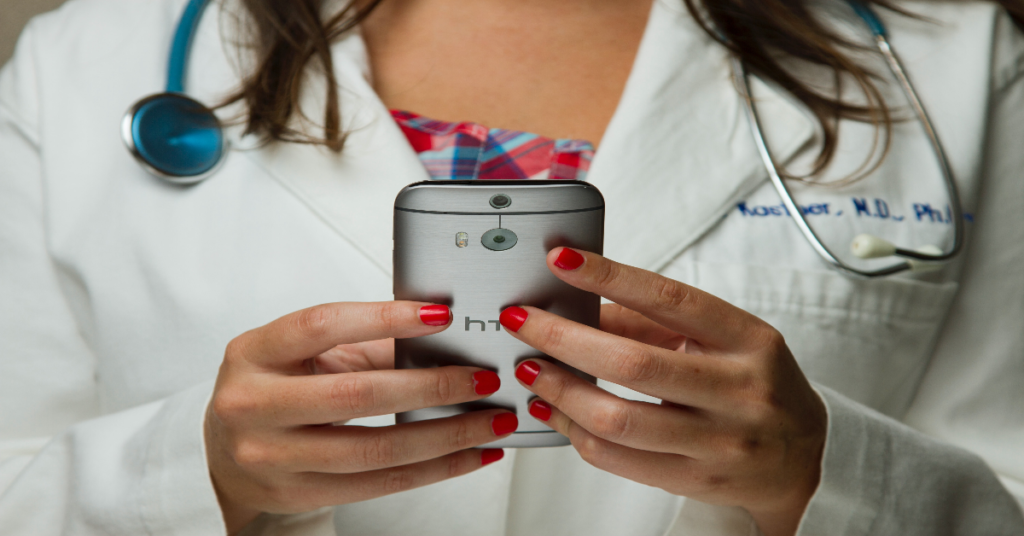
Jumping through insurance hoops to receive care was nothing new to ALS patients and caregivers, but when many medical facilities had to restrict in-person appointments, patients suddenly became at risk of being stranded. As the rest of the world shifted to Telehealth and Telemedicine, ALS patients were left behind, hindered by inflexible Medicare coverage requirements.
Fortunately, a recent expansion of Medicare coverage has added Telemedicine evaluations and treatments related to swallowing and eating, as well as speech evaluations and therapeutic services, to the coverage. The result went far beyond helping those who could no longer see their providers in-person. Suddenly ALS patients who had previously had little to no access to medical treatment (such as ALS patients living in rural communities) could access care from their own home. With the nature of ALS, however, telemedicine doesn’t always offer a practical substitute for in-person care, and many patients have been forced to sacrifice the level of care they need.
(Make the most of these benefits by downloading the SimpliHere app and organizing your care circle!)
While the expanded coverage is expected to be in place for the duration of the COVID-19 public health crisis, the Telehealth Modernization Act, which is currently sitting with committees in both the House and the Senate, seeks to “retain telehealth access for all Medicare beneficiaries, among other service expansions” (ALS News Today). The act would permanently ensure patient access to telehealth anywhere by abolishing Medicare’s “geographic and originating site” restrictions, which currently require that patients live in a rural area and use telehealth at a doctor’s office or certain other clinical sites. The bill has been endorsed by the American Hospital Association, the American Telemedicine Association, and the ALS Association. You can follow the bill’s progress in Congress here.
- Impact On Research
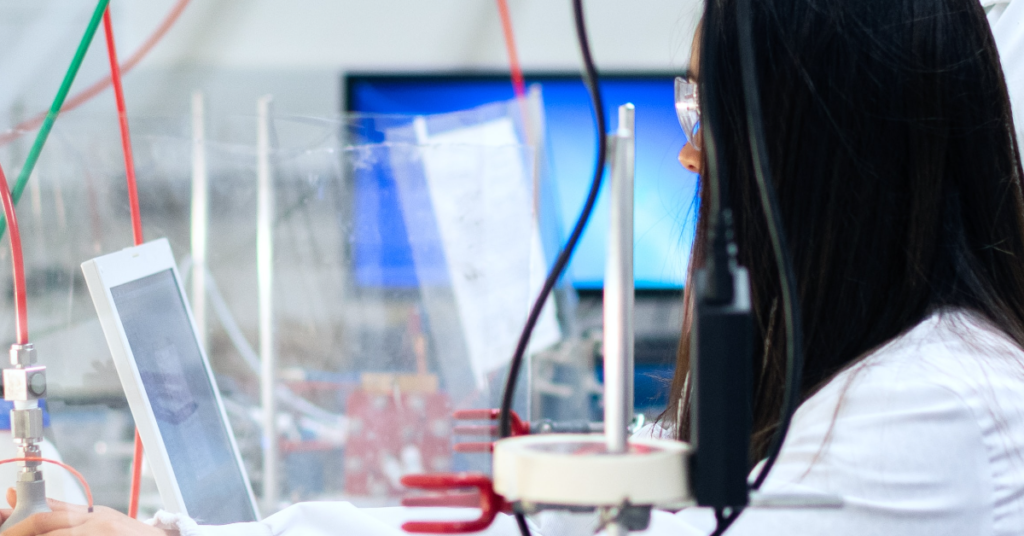
Although the initial lockdown and long-term social distancing forced in-lab researchers to pause, adjust, or take their research home (or at least the parts they could), there is some optimism in the industry that the FDA’s response to the COVID-19 crisis may change the way our nation approaches disease research.
In an article with Encyclopædia Britannica, Inc., Carol Hamilton, Senior Director of Development at the ALS Therapy Development Institute, shared: “…it’s been really interesting watching what would normally be a process that would take years and years bringing treatments and vaccines forward for a virus– watching that happen at an accelerated pace, when regulations are eased a bit and everybody gets on one problem…I think there’s going to be pressure on regulatory agencies to remain a little bit more liberal going forward…if we think we can have the vaccine for COVID in a year or 18 months, why has it been 80 years since Lou Gehrig gave his farewell speech, and we still have nothing to end this disease?”
Hamilton is careful to point out, however, that there are distinct and important differences between developing a vaccine to fight Covid-19, and finding a cure for ALS. “With a virus,” she explains, “you’re trying to kill something. You’re trying to kill that virus. It’s a lot easier to kill something than it is to keep it alive. In ALS, we’re trying to keep motor neurons alive. It’s a lot harder to figure out how to do that. We’re also dealing with an incredibly heterogeneous disease. Someone with ALS can live nine months and can live 19 years. So really, we’re trying to attack a bunch of subsets of this disease, which makes it a lot harder.”
ALS’ bevy of subsets makes collecting data vitally important. Not only has the CDC been leading our nation through this pandemic, but it’s also been a key player in the ALS research by capturing data through the CDC Registry. You can also play a critical role in research development by registering with the CDC. Getting started by downloading the SimpliHere app, which guides patients and caregivers step-by-step through the registration process.
- Patient Mental Health

Just because many ALS patients began living a more isolated lifestyle prior to the pandemic doesn’t mean this crisis hasn’t impacted their day-to-day life and wellbeing. Recent internet studies that included questions regarding anxiety, depression, motor worsening, and changes in clinical care indicate that Covid-19 has exerted substantial direct and indirect impacts on ALS patients.
As ALS patient Robert Paulson shared in a column for the ALS Therapy Development Institute, ALS patients and people quarantined due to Covid-19 are now experiencing similar “arcs.” The same way that many of us are now experiencing social anxiety, depression, and withdrawal…well, ALS patients have been living that reality for years. Face-to-face communication has become a looming challenge as we have become adjusted to the barrier of the computer screen.
But the question remains: How does one find virtual communities in the limitless universe of the internet? The SimpliHere app connects patients, caregivers, ALS family members, and advocates to various social, resource, support, and advocacy communities. Finding your ALS family is as easy as opening an app.
- Greater Patient Access To The Wider Community
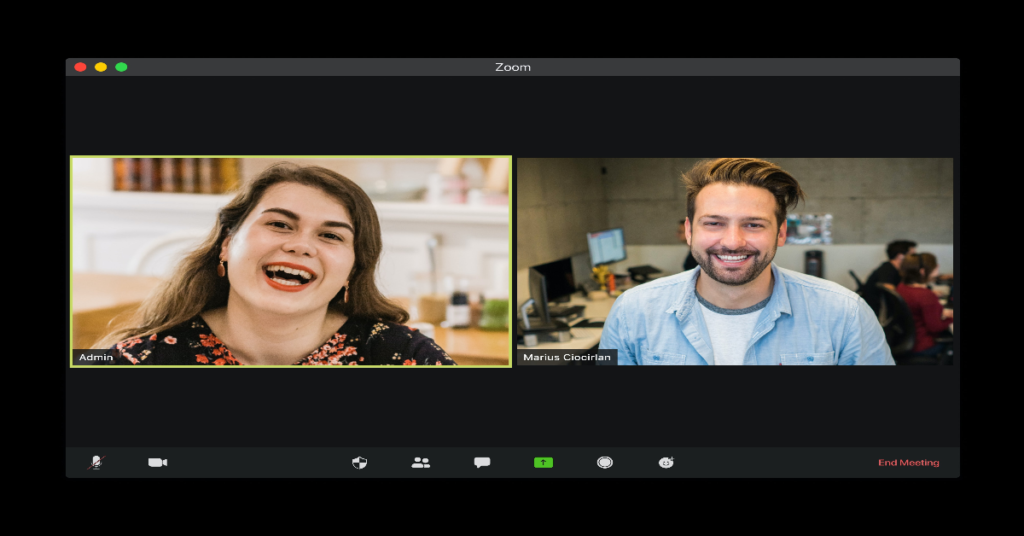
Virtual, virtual, virtual. It has been a blessing and a curse, but at the end of the day, it’s helped keep ALS patients connected to the broader community. Social isolation was something ALS patients were living with long before the pandemic. With the advent of the Zoom event, suddenly patients have closer to equal access to museum tours, musical events, professional meetings and summits, family “gatherings,” and municipal town halls. The 2020 ALS Advocacy Conference, for instance, was held online instead of in-person at the US Capitol, allowing for ALS patients and advocates who wouldn’t normally be able to attend due to time, financial, or physical limitations to engage fully in the conference.
(Did you miss the 2020 ALS Advocacy Conference? Don’t worry, we’ve got your debriefs on the event here.)
- Virtual Training & Services For ALS Caregivers
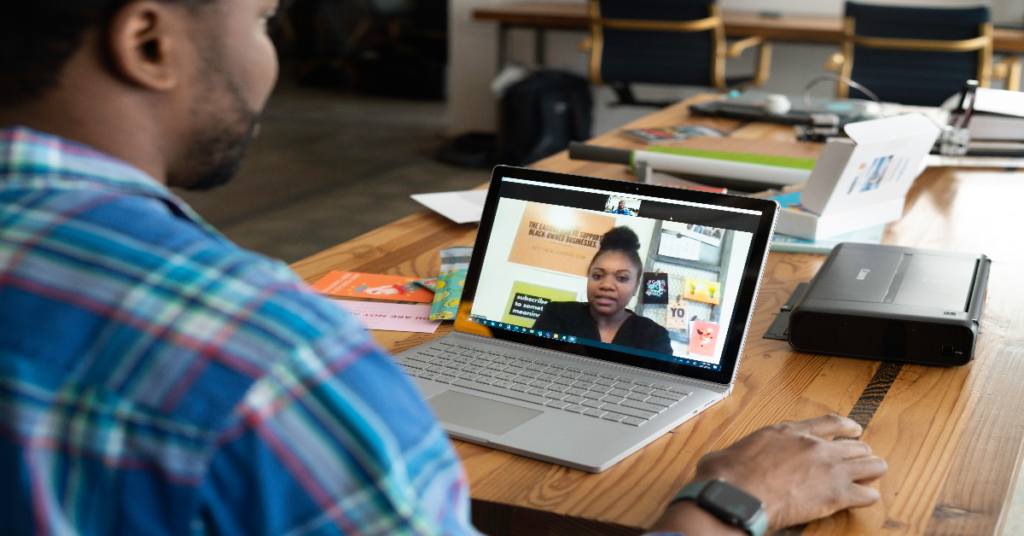
In much the same way that social, educational, and professional events have become more widely available and attendable thanks to virtual spaces, ALS caregivers have also benefited from virtual access to education and training. Most caregivers for ALS patients are not paid professionals. In fact, the majority of caregivers are a spouse or other family member who has to give their own career to care for their loved one full-time. It is non-stop, lonely, draining work, and it’s not uncommon for caregivers to feel unprepared or unqualified for the job.
As the pandemic settled in, ALS chapters across the country identified the need to expand ALS Caregiver Education by going virtual. From day-long workshops to ongoing training courses, we’re seeing a reassuring increase in the online resources available for caregivers, regardless of whether they live near a research hub or in a more rural community.
The Northeast ALS Consortium (NEALS) maintains a comprehensive list of online resources for ALS Caregivers.
May is ALS Awareness Month! Here’s how you can get involved:
- Connect with your local ALS chapter and find out how you can help and advocate for ALS patients and caregivers in your community.
- Spread awareness for ALS patients by sharing an ALS story from SimpliHere’s blog on social media.
- Sign up to participate in a Walk to Defeat ALS.
- Make a donation to an organization that supports ALS patients and caregivers, and works to further policy and research initiatives.
About SimpliHere
The mission of SimpliHere is to ensure efficient care and peace of mind for caregivers and their patients with neurological conditions that impact communication and mobility. Joanna Rosenberg founded SimpliHere to address communication gaps between caregivers and patients. Her personal experience when her mother lived with ALS exposed the challenges of communicating and understanding basic needs, as well as managing daily tasks. Download SimpliHere today!

Emma Comery is a freelance Writer & Content Contributor with a passion for using language to spotlight incredible humans and movements. She is currently pursuing her MFA in Creative Nonfiction at Old Dominion University.
